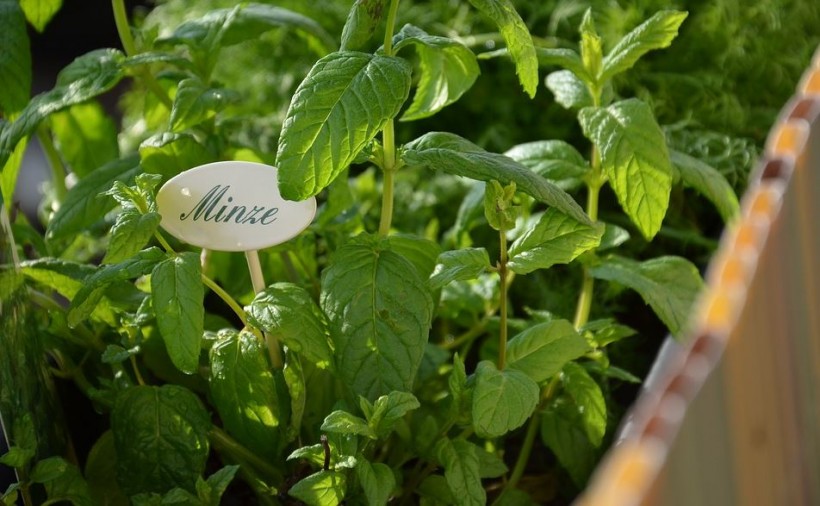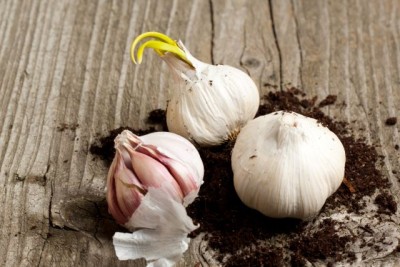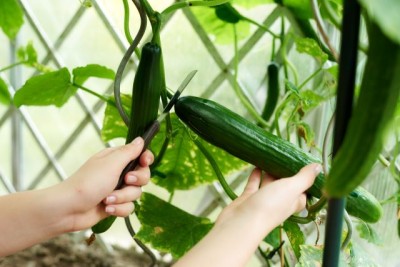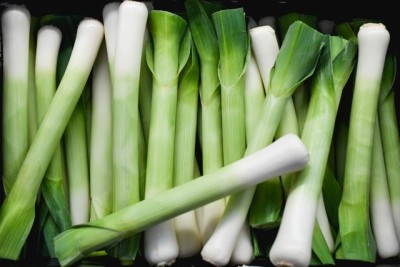Best Tips for Growing Herb Garden in Apartment Home
Warning: Undefined variable $post in /home/dietofli/public_html/wp-content/plugins/code-snippets/php/snippet-ops.php(584) : eval()'d code on line 3
Warning: Attempt to read property "ID" on null in /home/dietofli/public_html/wp-content/plugins/code-snippets/php/snippet-ops.php(584) : eval()'d code on line 3
The estimated reading time is 3 minutes
Warning: Undefined variable $post in /home/dietofli/public_html/wp-content/plugins/oxygen/component-framework/components/classes/code-block.class.php(115) : eval()'d code on line 3
Warning: Attempt to read property "ID" on null in /home/dietofli/public_html/wp-content/plugins/oxygen/component-framework/components/classes/code-block.class.php(115) : eval()'d code on line 3

Gardening doesn’t have to be a hobby limited to those with plenty of land to use. While growing fruits and vegetables indoors or in small spaces can be difficult, a simple herb garden can thrive even in an apartment home. Add fresh herbs to your favorite meals by using these tips for growing an herb garden and showing off your green thumb. (1)
Choose Herbs Carefully
Not all herbs are created equal. Some need more space to grow while others may need more sunlight or shade than can be provided. Basil, chives, mint, oregano, parsley, rosemary, and thyme are simple to grow and require little maintenance. They can all be grown indoors or outdoors, just be sure you have the appropriate sunlight for each!
Location
Find the best spot in your apartment suitable for growing plants. This can be on an outside balcony if you have one, or even just on a windowsill that gets plenty of natural light. They need at least 6 hours of natural light daily. If you do not have a window with adequate natural lighting, you can use fluorescent bulbs or high-intensity discharge bulbs.
Utilizing wall space can help save room when growing an herb garden in an apartment. Stack planters or use shelves for smaller pots and plants, making sure they have access to light as needed. If you have a balcony, you can use window boxes along the railing for a small outdoor herb garden. You can also create a crate planter by lining a rot-proof wooden crate with burlap, filling it with your choice of soil, and placing your plants.
Planting
While herbs don’t require much space, be sure to give them plenty of room for their roots to grow. Skip the shallow pots and choose one with a little more depth. Using top-quality potting soil can help your plants, but if you choose basic soil, adding some compost into the mix can help give your herbs the nutrients they need to thrive.
Watering
Keep your plants well-watered but be careful not to overwater them. If the leaves start turning yellow, this means you may be giving the plants too much water or they are lacking proper drainage. As opposed to other houseplants, herbs typically require more water. This can make them tricky to keep watered properly. Water when the first inch or two of soil is dry to the touch. Make sure you water the soil they are planted in and not the leaves.
With careful planning and care, you can enjoy an herb garden year-round no matter where you live. Herbs don’t require as much room as fruits and vegetables, but they still need room for their roots to grow and expand. Knowing this, it’s important to get a pot that’s the right size for what you are growing. Since herbs tend to be smaller plants, you can place planters on windowsills, and shelves, or even create a crate planter to grow them indoors. Window boxes are perfect for growing herb gardens in an apartment with a balcony. Enjoy fresh, delicious herbs with your favorite meals, even in an apartment.














